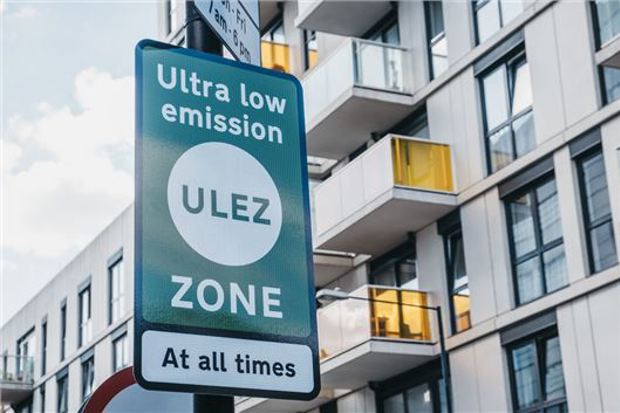Emissions-based parking ‘should charge diesel drivers more’

Cities should start charging diesel drivers more to park their car as part of an app-based emissions-based parking scheme, the boss of Britain’s largest cashless parking app has said.
RingGo MD Peter O’Driscoll says such initiatives could be an alternative to the controversial London Ultra Low Emission Zone (ULEZ).
Vehicles would be ranked on their green credentials, with higher-emission and more polluting models automatically paying a surcharge.
The technology already exists to implement such emissions-based parking schemes, with apps such as RingGo identifying vehicles by their number plate.
ULEZ has become "an increasingly divisive policy with those on both sides having some valid points", O’Driscoll told The Telegraph.
"The UK must improve air quality targets and reduce carbon emissions to deliver cleaner healthier and more liveable cities for residents," he added.
Experts says emissions-based parking would be an easy-to-implement alternative to the £12.50 daily ULEZ charge.

Surcharges for more polluting vehicles are "simple and cheap to enforce" through cashless parking apps. Some councils have already begun charging the most polluting vehicles more to park.
Greenwich Council is sorting vehicles into 13 different CO2 emissions bands. The lowest-emitting vehicles pay £2 an hour, with fees more than trebling for highest-emitting models, to £7 an hour.
Diesel cars also incur a £50 surcharge for residential parking permits and if a household has more than one car, each is subject to a £100 penalty.
In Marylebone, petrol car owners pay £4.90 an hour to park, while diesel cars pay £7.35.
Hackney Council plans to increase parking charges for higher-emission vehicles by around six-fold over the next decades, reports The Telegraph.
An annual parking permit for the most polluting petrol vehicles will rise from £97 to £433. The most polluting diesel vehicles will see an even heftier increase, from £213 to £1249.
Bath and North East Somerset Council along with and St Albans City and District Council, are also understood to be considering similar schemes.
Why is my car ULEZ-compliant but has a high rate of road tax - why?


